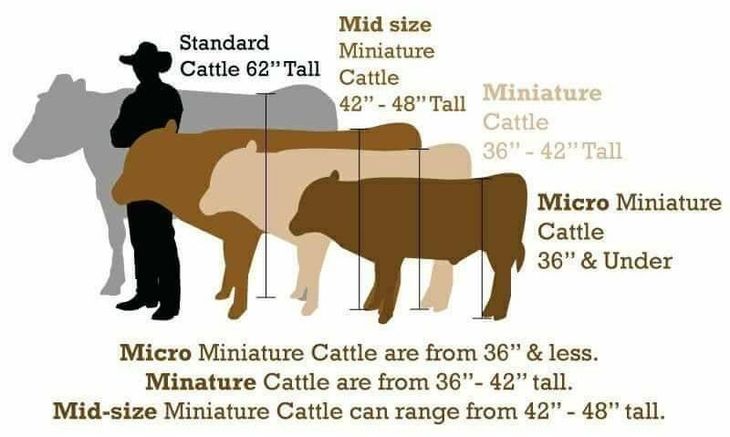
 7
7




Outdoor and Ecological articles (sporadic Mondays) at http://blog.dxlogan.com/ and my main site is found at http://www.dxlogan.com/
 4
4




 5
5




The best gardening course: https://gardenmastercourse.com
Permies.com FAQ




Invasive plants are Earth's way of insisting we notice her medicines. Stephen Herrod Buhner
Everyone learns what works by learning what doesn't work. Stephen Herrod Buhner
 2
2




 8
8




D. Logan wrote:Obviously the best way to learn how to deal with a cow is to get a cow.
Aim High. Fail Small.
Repeat.
 10
10





"Study books and observe nature; if they do not agree, throw away the books." ~ William A. Albrecht
 2
2




Whoah!! Check out this permie deal!! https://permies.com/w/homesteading-bundle?f=232
"The only thing...more expensive than education is ignorance."~Ben Franklin. "We can easily forgive a child who is afraid of the dark; the real tragedy of life is when men are afraid of the light." ~ Plato
 3
3




Carla Burke wrote:James, based on your graphic, do you know which dairy cattle breeds fall into the miniature and micro breeds?
"Study books and observe nature; if they do not agree, throw away the books." ~ William A. Albrecht
 4
4




Whoah!! Check out this permie deal!! https://permies.com/w/homesteading-bundle?f=232
"The only thing...more expensive than education is ignorance."~Ben Franklin. "We can easily forgive a child who is afraid of the dark; the real tragedy of life is when men are afraid of the light." ~ Plato
 8
8




I second this. Learning alongside someone who knows what they are doing and cares for the animals the same way you do (or aspire to) is an excellent learning experience.Liv Smith wrote:The ideal situation for someone that wants to learn is if they can find a friend or relative or neighbor that keeps cows, and offer to help. I know that this is probably rare, though.
"We carry a new world here, in our hearts..." --Buenaventura Durruti
"Don't wish it were easier. Instead, wish you were better." --Jim Rohn
 4
4




No rain, no rainbow.
 7
7




"When the whole world is running towards a cliff, he who is running in the opposite direction appears to have lost his mind." C.S. Lewis
Visit https://themaineingredient.com for organic, premium dried culinary herbs that are grown, processed, and packaged in the USA.
 4
4




Bozick Family Farm
www.bozickfamilyfarm.com
https://www.facebook.com/bozickfamilyfarm
 3
3




Before getting a cow, a person might work on building soil health and growing a pasture of good quality grass.
Get a calf and learn to raise a cow, together.
Invasive plants are Earth's way of insisting we notice her medicines. Stephen Herrod Buhner
Everyone learns what works by learning what doesn't work. Stephen Herrod Buhner

| I agree. Here's the link: http://stoves2.com |







